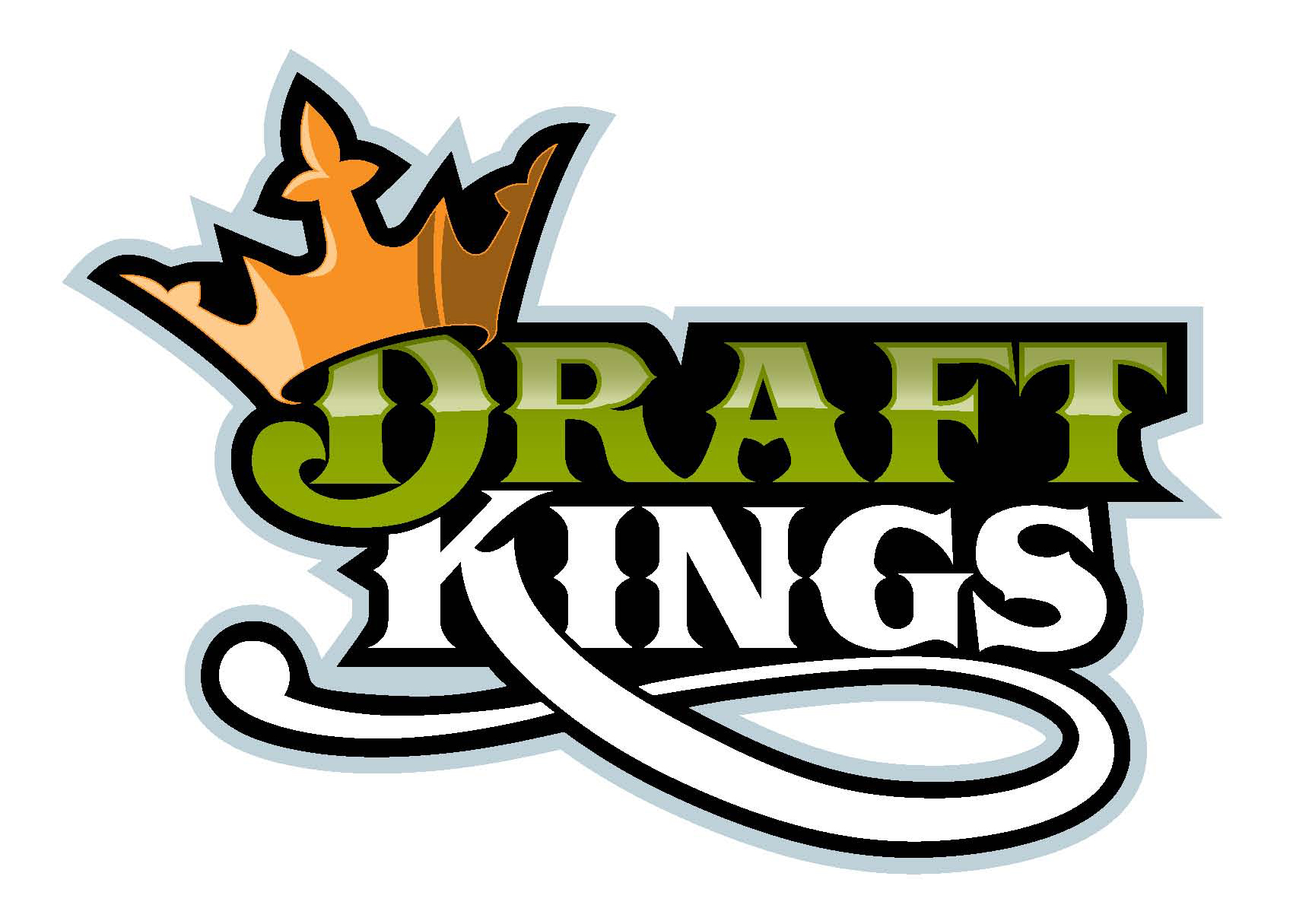Recently, the New York Attorney General launched an investigation into DraftKings and FanDuel. The basic concern for the Attorney General is that employees at the companies had “access to valuable data, such as which players a majority of the money is being bet on; how it is protected; and whether the industry can — or wants — to police itself.”
Further north, however, in Boston, which was recently voted as the most likely city to throw a Tea Party, Massachusetts Attorney General Maura Healey was quoted this week “that she’s not pursuing any criminal inquiries into the Boston-based fantasy sports league website DraftKings Inc., which was thrust into the national spotlight this week when an employee from the company collected winnings from a rival website’s contest allegedly based on insider information.”
Proper legal analysis requires that we break the law into parts and then apply the facts, specifically the DraftKings and FanDuel sharing of information, to the law.
According the United States Securities and Exchange Commission website, “Illegal insider trading refers generally to buying or selling a security, in breach of a fiduciary duty or other relationship of trust and confidence, while in possession of material, nonpublic information about the security. Insider trading violations may also include "tipping" such information, securities trading by the person "tipped," and securities trading by those who misappropriate such information.” (Rule 10b-5).
First, insider trading requires a breach of a fiduciary duty. According to Cornell University Law School, “A fiduciary duty is a legal duty to act solely in another party's interests.” Simply, a fiduciary duty exists among officers and employees of one company to refrain from sharing confidential information with another company that may harm the company sharing the information, while benefitting the company receiving the information.
Third, nonpublic information about the thing of value (i.e., the security, stock, sale or sharing of something or piece of information before it is known to the public, etc.). Something that is nonpublic means it is or is meant to be private and not disclosed to the public. For clarity sake, Cornell University Law School provides that nonpublic information reaches the level of material information when “[an individual’s] access to confidential or non-public information about the company [is disclosed to another person(s) for profit or gain]. Taking advantage of this privileged access is considered a breach of the individual’s fiduciary duty.”
If I were a betting man, the thing of value to me would seemingly be team or player information before a game is played (like an injury or death in the family that may impede performance on the field) or a “Back to the Future” type flux capacitor time travel machine to know statistical performances by athletes during games before they occur.
We know time travel for us folks is not possible. Information that may help, in my opinion, like an injury or an emotional state, does not lend itself to being “material” information as injuries are made public well before games are played and emotions are hard to measure. Furthermore, player injury status and/or their emotions are not the subject of the current investigation.
What the Attorney General is investigating, however, is information that is already on the Las Vegas betting books. Current betting lines already show where bets are being laid down and who is favored. The real issue here is regulation. The government wants to regulate an industry that is unregulated when it comes to consumer protection and tax dollars.
Investigations always precede, and should always precede, indictments. This is due process at its best, provided by the U.S. Constitution. Yet, the concern here is that there does not seem to be material information being shared to reach an indictment. DraftKings, FanDuel, and their employees cannot predict the future and the investigation is not regarding having access to rosters, injury lists, or emotional states that is nonpublic prior to games being played. Las Vegas would not exist if predictions about athletic performance were a non-Godly, un-prophetic talent that could be shared.
One remaining concern is how Major League Baseball, the National Football League, the NCAA, and other professional sports leagues will deal with athletes in their leagues playing fantasy sports. There are policies and procedures already in place forbidding players from gambling. Nothing new there, however, as active players cannot bet on sports they play in, yet alone contests that they have a connection to the outcome.
At the end of the day, there is too much money in advertisements and online gambling revenues with the professional sports leagues and investors in those companies (National Football League and Major League Baseball—see articles cited above) for the government to stand back and not regulate the fantasy gaming world. Consumer protection (e.g., protecting consumers from potential insider trading), and tax collection purposes are at stake. My prediction, the companies in question get a slap on the wrist in the form of more regulation.
About the author: Jeremy M. Evans is the Managing Attorney at California Sports Lawyer, representing sports and entertainment professionals in contract drafting, negotiations, licensing, and career growth. He provides legal advice and general counsel services for businesses, which includes development, contract drafting, review, negotiations, protection, and compliance. He is the Director of the Center for Sports Law & Policy at Thomas Jefferson School of Law in San Diego, California, where he is also an Adjunct Professor of Sports Law. Evans is an award-winning attorney and community leader. He can be reached at Jeremy@CSLlegal.com.
© California Sports Lawyer





